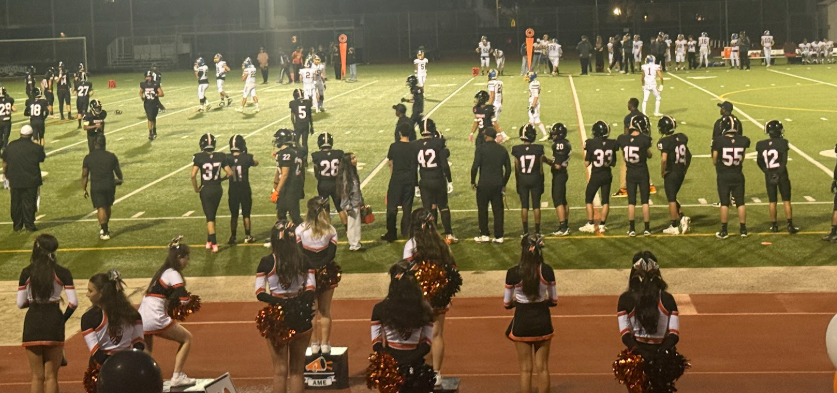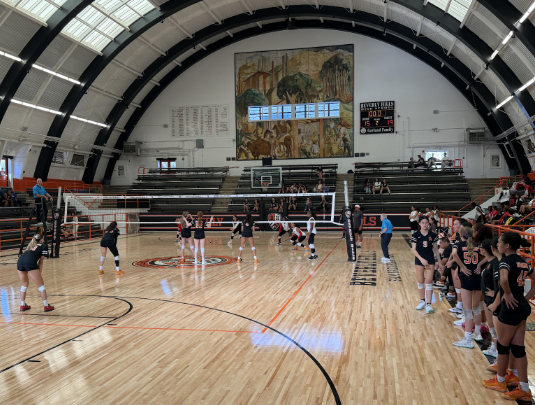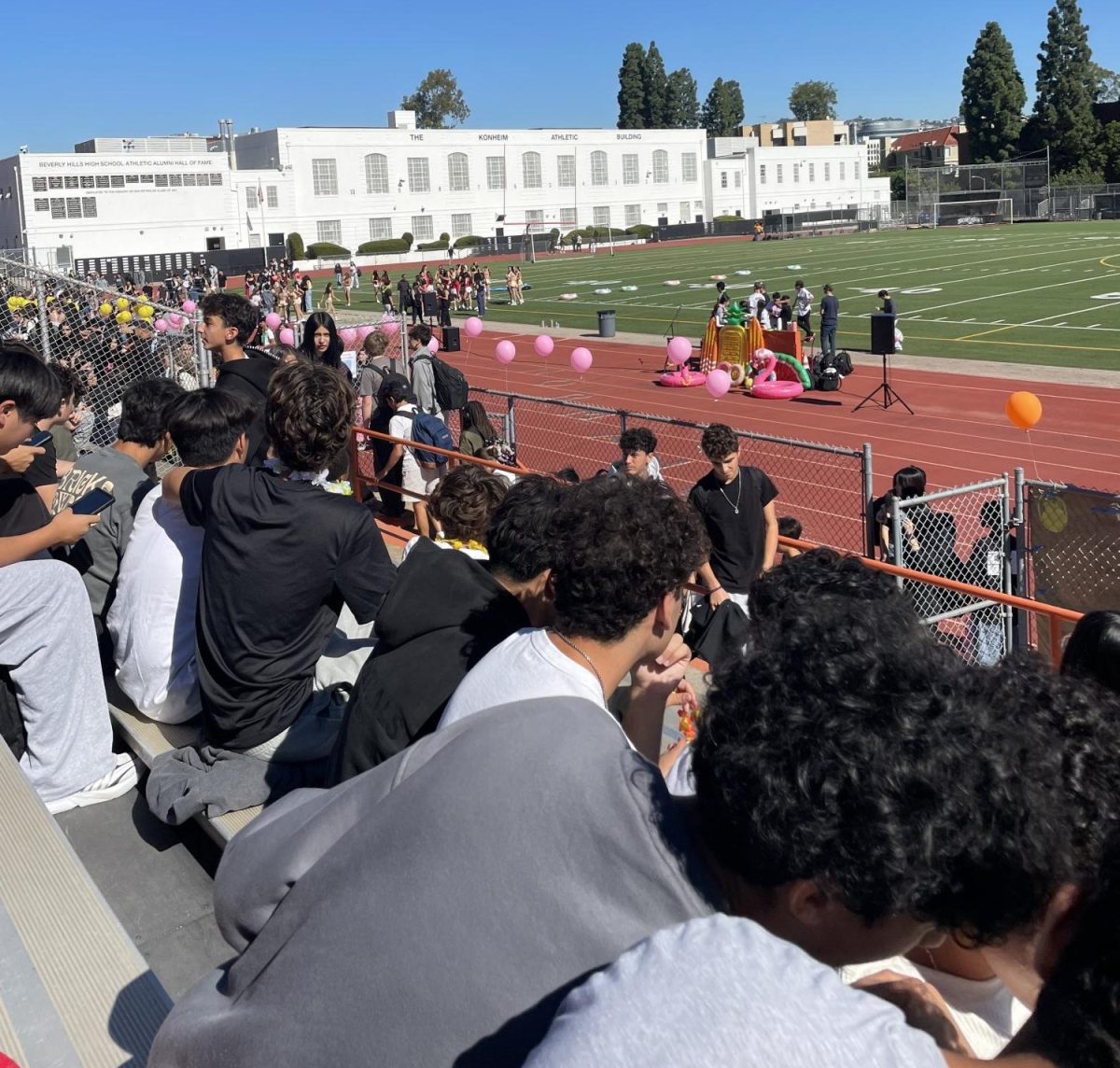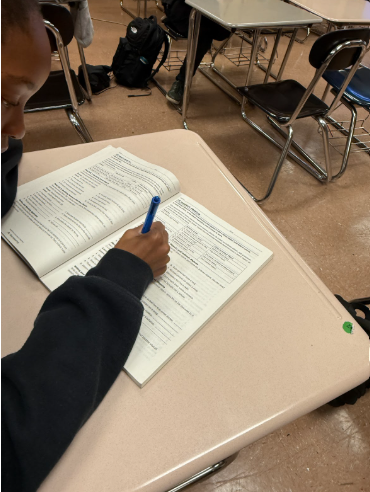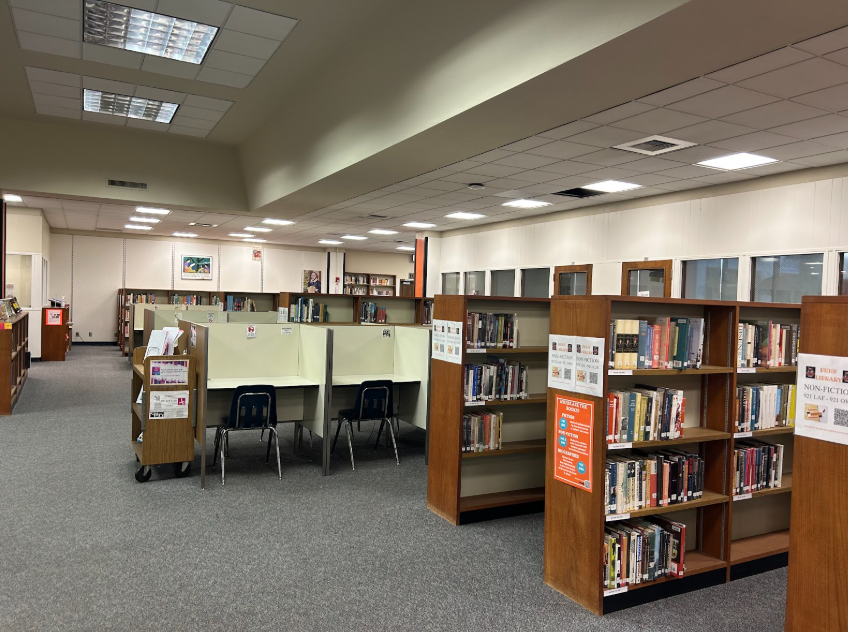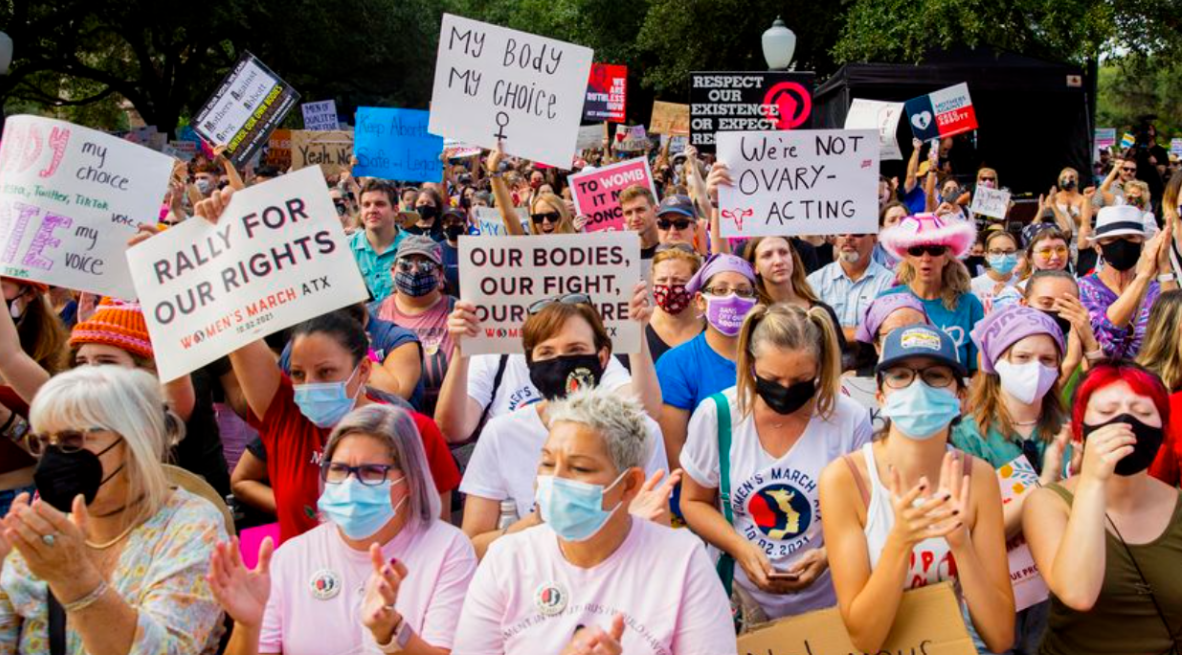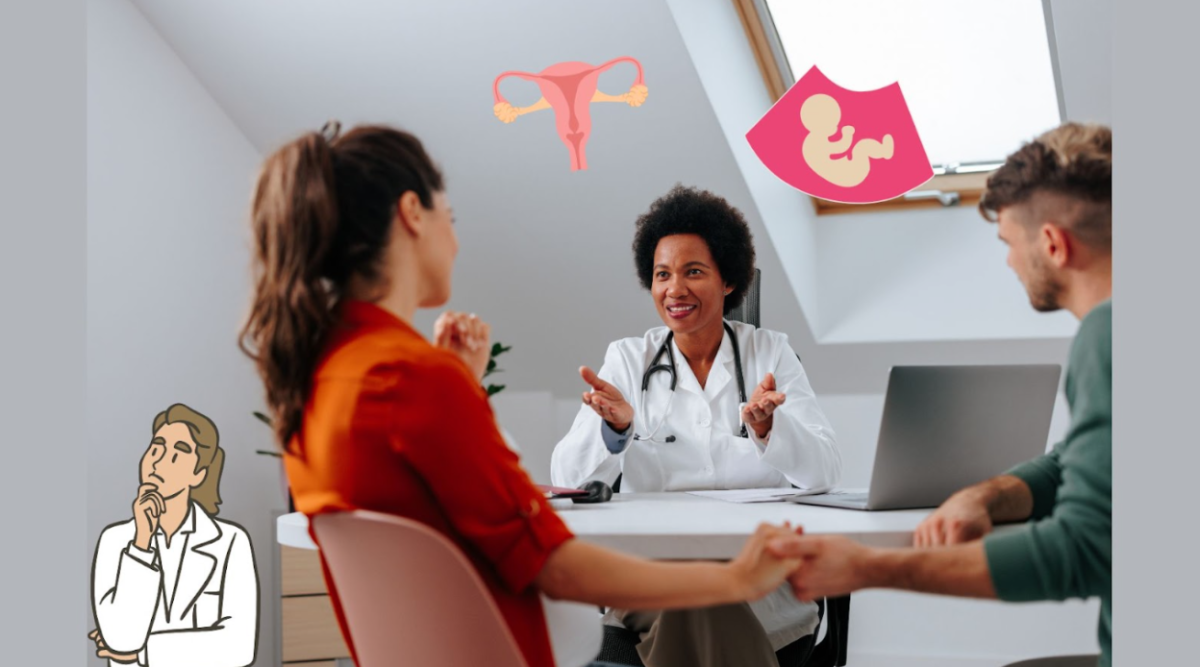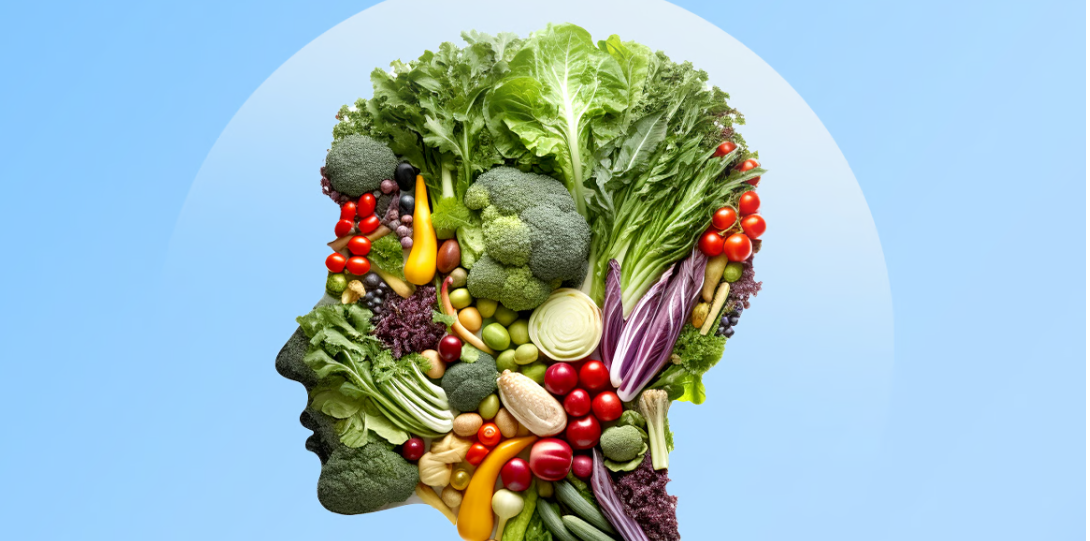As a young woman, it is terrifying to me to live in a country where, after the overturning of Roe vs. Wade, the right to an abortion is not constitutionally protected anymore; where a doctor can be punished for administering health care in some states; and where a woman may have to travel between states to get a procedure that she needs.
“Some women, especially women of means, will find ways around the State’s assertion of power,” Justices Stephen Breyer, Sonia Sotomayor, and Elena Kagan state in their dissenting opinion of Dobbs v. Jackson Women’s Health Organization. “Others—those without money or child care or the ability to take time off from work—will not be so fortunate.”
A ban on abortions and the removal of the constitutional right to an abortion does not just affect women who wish to obtain an abortion; it affects all women in our country.
“While criminalization of abortion will indeed affect women seeking to terminate an unintended pregnancy, it will also target a wide variety of patients seeking care for other reasons,” the National Library of Medicine said.
Now that each state can determine the legalization of abortion, multiple bans have restricted women’s access to health care. This means that women who are already likely to face unintended pregnancies with poor socioeconomic status will fall even lower in terms of their economic security— and their medical security.
“Up to one in four pregnancies end in miscarriage, according to some estimates, a loss that can be traumatic and dangerous for women,” NBC News said. “But the medical care a woman needs when she’s had a miscarriage can mirror how an abortion is performed, experts say.”
While the debate over the morality and legality of the abortion remains up in the air in our country, there is no question that women suffering from a miscarriage or ectopic pregnancy need treatment. Restrictions like these on women’s health care impede a woman’s ability to access the health services that she deserves.
“In some cases, doctors may be fearful of being construed as helping someone have an abortion,” NBC said. “Other times, access to abortion medication or D&C equipment are restricted to OB-GYNs.”
An ectopic pregnancy is a painful and traumatic experience for a woman to go through. Not being able to receive proper medical care in such a circumstance is detrimental.
“Providers have described having to jump through hoops to treat patients with ectopic pregnancies, a dangerous condition that occurs in approximately 1 to 2 percent of pregnancies in the U.S., in which the embryo has implanted outside the main cavity of the uterus,” Indiana Capital Chronicle said. “If caught early, ectopic pregnancies are most commonly treated with one of the drugs in a typical medication abortion, or with surgery. Left untreated, the tube can rupture and cause uncontrollable bleeding.
Pregnancy-related care, medical services that all women need and women’s health care in general have been harmed and will continue to be harmed as long as Roe vs. Wade does not stand.
“Abortion is now banned in 14 US states,” MSI Reproductive Choices said. “Anti-rights groups are even expanding their attempts to restrict the sexual and reproductive rights of those living in the US. From attempting to prevent the use of vital abortion medication, mifepristone, to the removal of life-saving care for women in emergency situations, the anti-rights movement is trying to pick away at abortion rights in the US in a terrifying way.”
The morality of abortion can be debated over and over again, but a woman’s right to her bodily autonomy is not up for debate. A woman’s uterus is her uterus and hers alone— it is not up to the states to intervene with their laws, bans, and restrictions on what should be considered a medical procedure available to all women.







